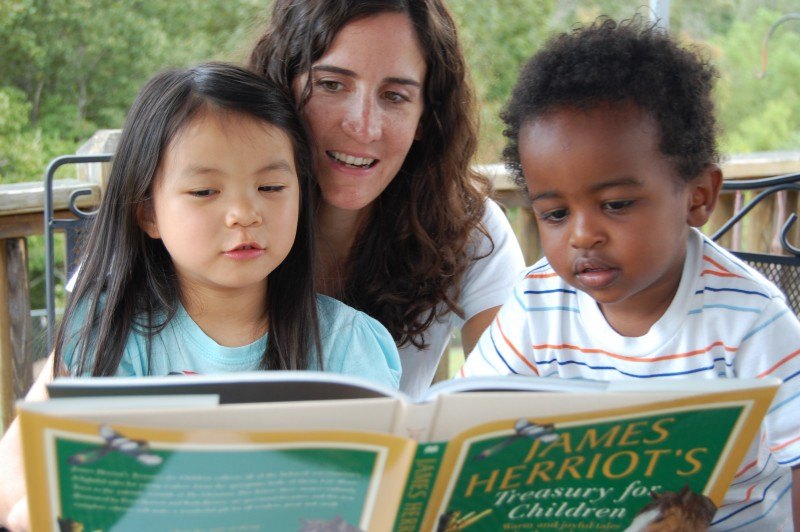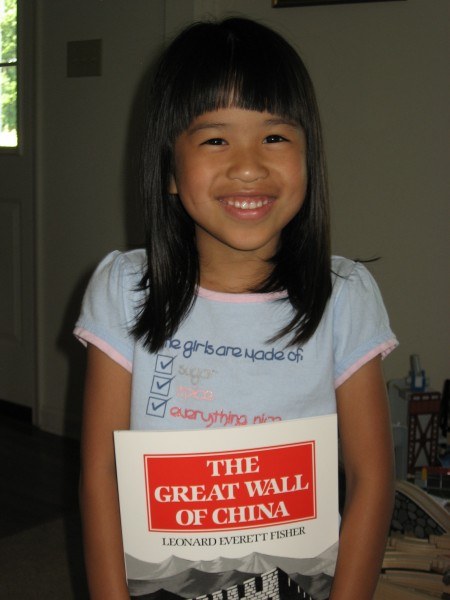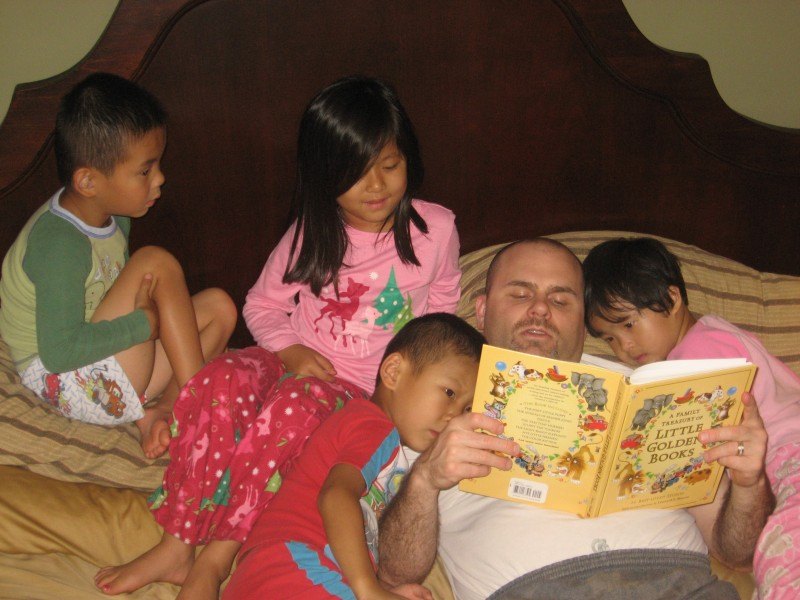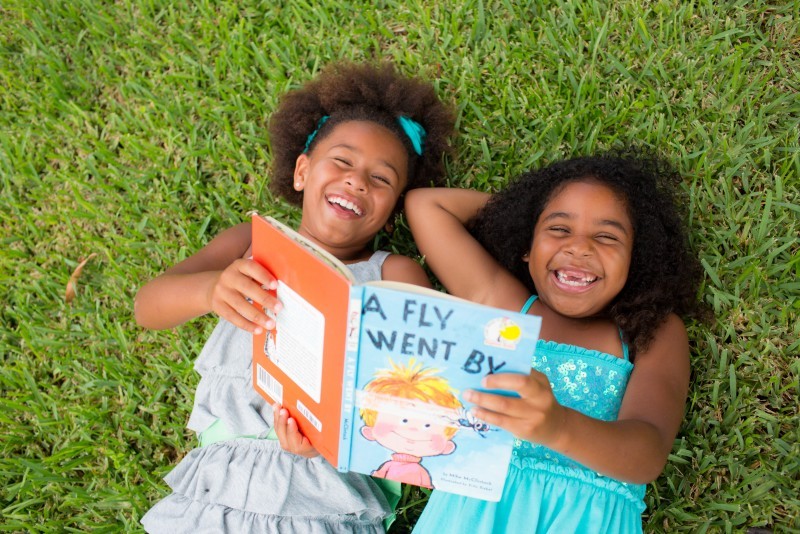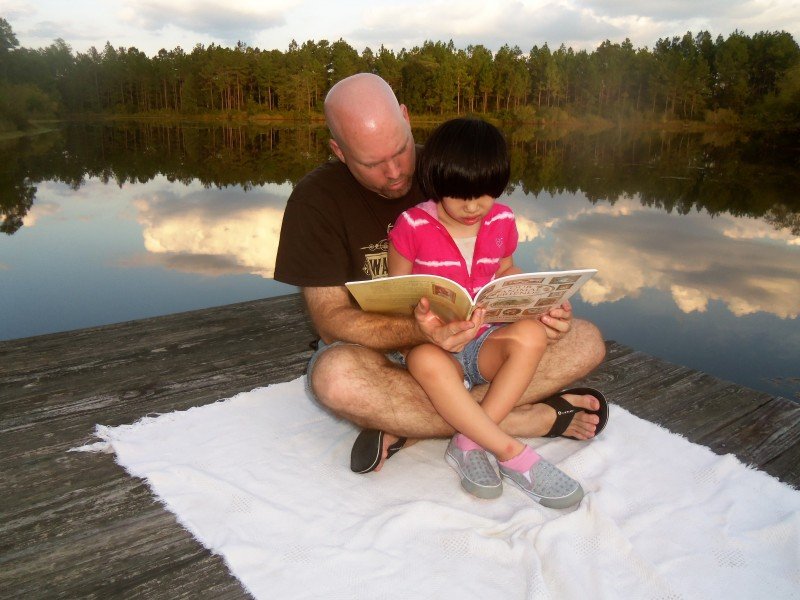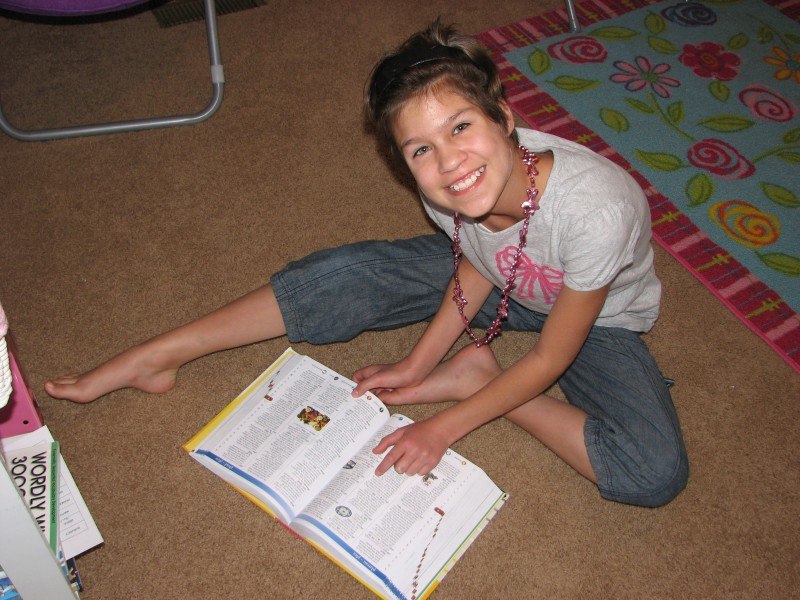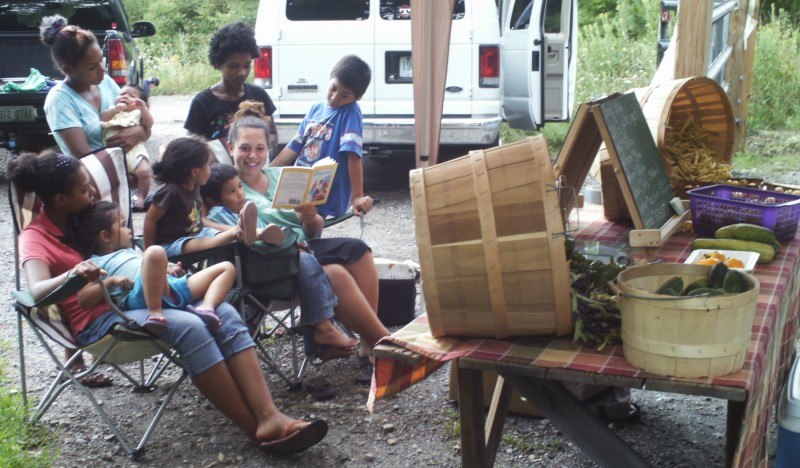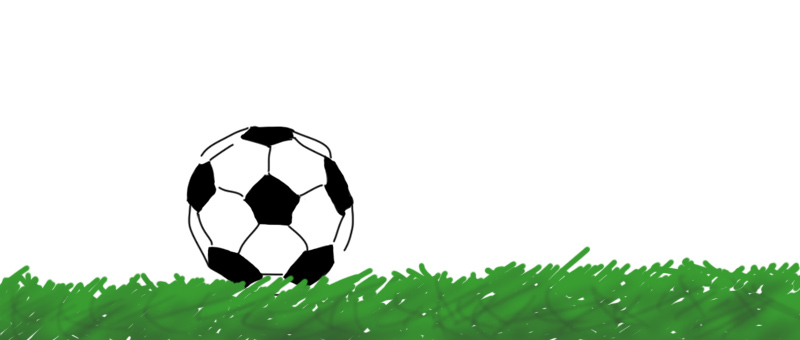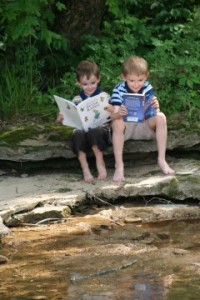I've seen lots of articles on modesty lately. With summer upon us, it feels like everyone is talking about what young women need to do to "keep their brothers pure," and how they find a line to walk between acceptance and beauty, and what constitutes acting inappropriately.
The word "modesty" makes me cringe a little. I picture someone swathed in cloth from head to toe. Someone who is not current on any level of fashion and who is unrelatable for the majority of people with whom she would interact.
Instead of modesty, I prefer to think of respect.
Respect for yourself means that you dress in a way that is empowering to accomplish your goals — be it exercise, a park date, or church — and attractive. It means that you are appropriate for your surroundings and are able to confident and comfortable.
The Bible talks a lot about women being beautiful; it was something they were naturally, and something they worked on. I don't think working at being beautiful is a bad thing. To dress yourself in a way that is lovely adds to the world, and we all need more beauty in our lives. Respect means taking time to figure out what beauty is for you and working at that, for you to say, "I'm worth spending time on. I'm worth investing in." So when you look in the mirror you see the daughter of God who is lovely.
Take a look at the show What Not to Wear (not an endorsement, though I personally do like it). They take women who dress in all sorts of ways, be it out of style, immodest, or whatever, and say, let us help you find what beautiful is for you. Each woman leaves feeling empowered and beautiful because they have the tools to dress themselves appropriately for their season of life.
When you respect yourself, you will not be immodest.
Respect for others means that you dress in a way that shows you know your audience, those that are around you, and your setting. It's why we don't wear jean shorts to weddings (unless that IS the setting!) and why we don't wear wet suits to the pool.
The current culture of the pool is bikinis, and so I work at loving the women around me and admiring their cute suits (while I sit in my maternity tankini). I seek to respect the culture and honor the women who are dressed in less than me. I don't know their motivation, but I can still love them, still honor them, still treat them as women worthy of respect. They are at the pool to spend time with friends while their children splash. They want to feel cute and fit in. And they do. Why would I take offense?
If I were to visit a country were showing your arms is not culturally acceptable, I would cover my arms. It is not because I feel showing my arms is immodest, I would just seek to be respectful of that culture.
When you respect your setting, you will not be immodest.
What do you think? Can we move away from "modesty" (since that varies wildly from culture and age) and talk instead about respect?
Jonelle
This book really has helped me to buy appropriate clothing for my body type, colors and fashion personality.



